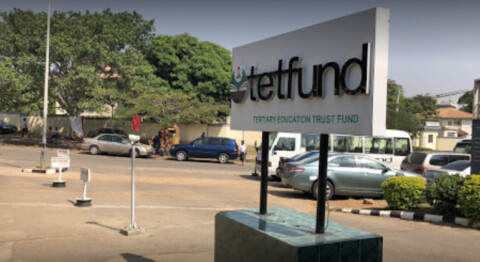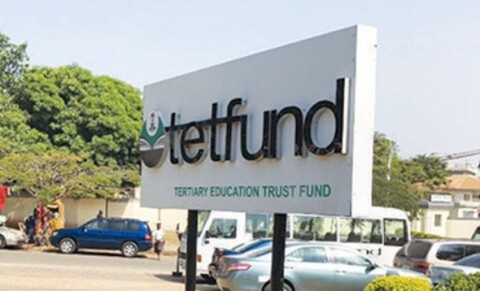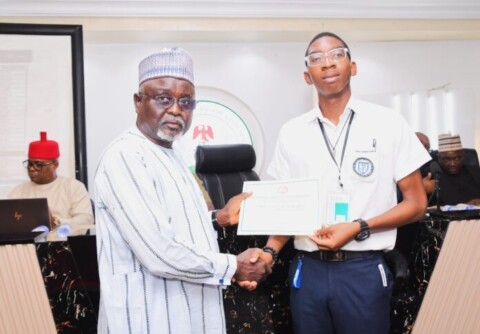Stakeholders have noted that while Nigeria’s education sector has made steady progress in literacy and school enrollment since independence, it continues to grapple with deep-rooted challenges.
Among the recurring concerns are inadequate funding, decaying infrastructure, teacher shortages, poor training quality, a high number of out-of-school children, and low completion rates.
Educationist, Professor Linus Amuta, observed that though Nigeria has expanded access through the establishment of more institutions, as highlighted by President Bola Ahmed Tinubu during his 65th Independence Anniversary broadcast, critical issues remain. According to him, allocating only about seven percent of the national budget to education falls far short of UNESCO’s recommended 20 percent benchmark.
Amuta added that the sector suffers a yearly funding deficit of roughly $1 billion, while about 60 percent of school facilities are in poor condition. He also revealed that Nigeria has a deficit of more than 20,000 classrooms, with only 10 percent of teachers considered highly trained. “The teacher-to-student ratio stands at 1:40 in primary schools. While primary school completion stands at about 85 percent, over 40 percent of pupils do not progress to secondary education,” he said.
In his broadcast, President Tinubu stressed that Nigeria has made remarkable progress in education and other sectors since 1960. At independence, the country had just 120 secondary schools and two tertiary institutions—University of Ibadan and Yaba College of Technology. As of 2024, Nigeria boasts over 23,000 secondary schools, 274 universities, 183 polytechnics, and 236 colleges of education across federal, state, and private ownership.
Despite these gains, Amuta maintained that greater investment in funding, teacher training, infrastructure, and access to quality learning materials is urgently required. He also urged government at all levels to focus on reducing dropout rates, particularly at the secondary level.
Similarly, the National President of the Colleges of Education Academic Staff Union (COEASU), Dr Smart Olugbeko, described the sector as “sickly but not hopeless.” He said Nigeria’s underdevelopment reflects the neglect of its education system, warning that until teachers are given fair treatment and proper welfare, the nation will “continue to grope in the dark.”
National President of the League of Muslim School Proprietors (LEAMSP), Mr Abdulwahid Obalakun, also linked the rise of private schools to government failures in the mid-1980s. He urged stronger government support for private operators and proposed the creation of a specialised education bank to provide low-interest loans for school owners.
Minister of Education, Dr Olatunji Alausa, however, highlighted President Tinubu’s “Renewed Hope Agenda” as a turning point, noting that the current administration has approved the largest budgetary allocation to education in Nigeria’s history. He said this investment has improved infrastructure, expanded teacher training, and driven reforms such as the Nigeria Education Sector Renewal Initiative (NESRI).
He assured Nigerians that the government’s guiding principle is that “no child should be left behind due to poverty or geography.”





